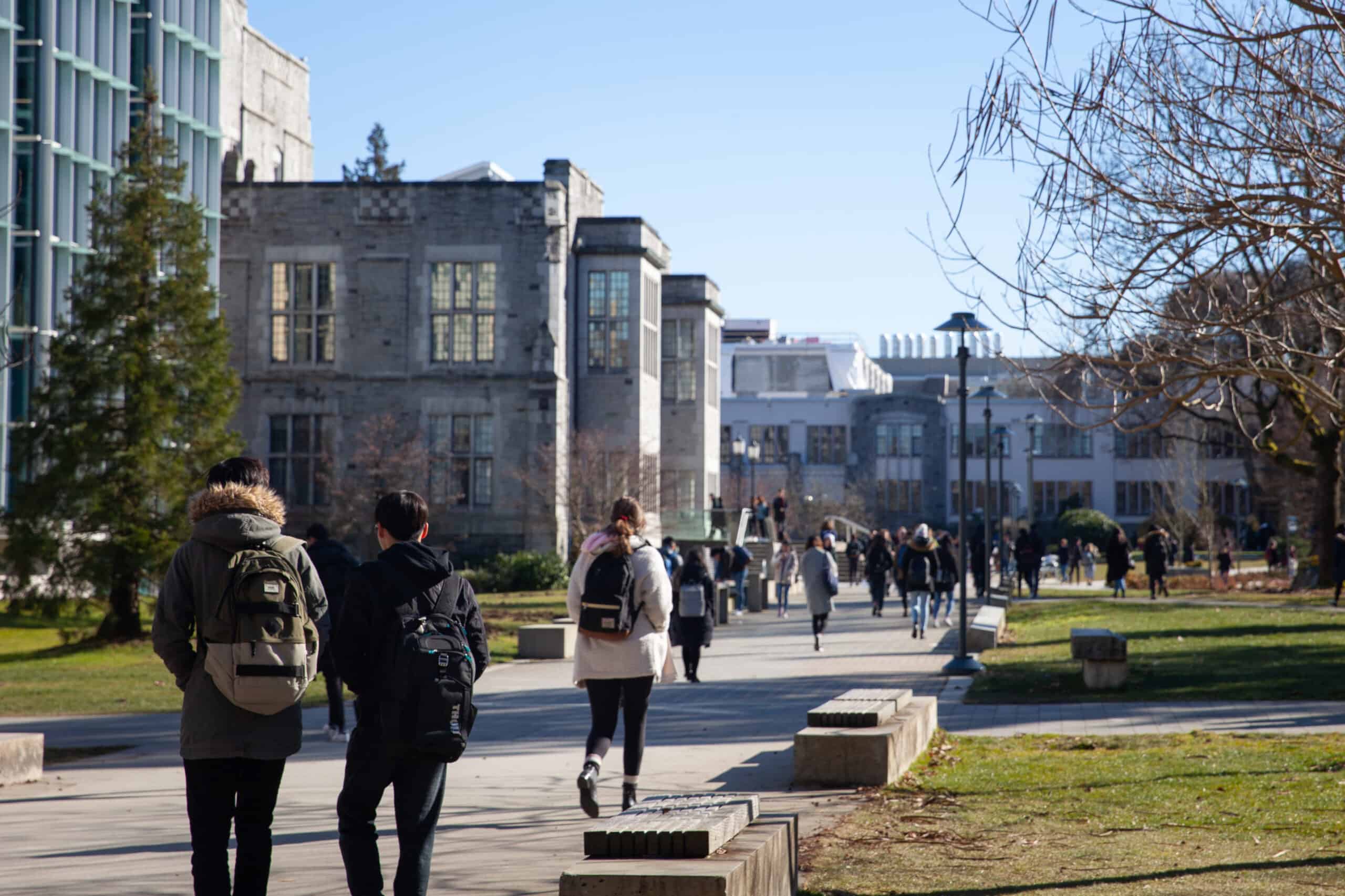Colleges and universities in Canada are calling on Immigration Minister Marc Miller to hit the pause button on his plan to cap the number of study permits because that plan is inadvertently causing applications by international students to plummet.
Under the proposal to place these limits on the number of study permits is a requirement that international students would need to attestation letters from the provinces where they plan to study.
Each of those letters would confirm the applicant for the study permits would fall under the new provincial cap.
Two lobby groups for Canadian colleges and universities say there’s a problem with that proposed plan: the provinces do not yet have a process by which to issue such attestation letters.
In a letter to the immigration minister, Universities Canada and Colleges and Institutes Canada, expressed their concern that the requirement for attestation letters would effectively bring all new applications by international students to a sudden halt.
Read More
Canada’s Housing Crisis Cannot be Solved by Cutting Immigration: Economist
Provinces To Improve Oversight Of Colleges And Universities After International Student Cap
Canada In A Population Trap, Say Bank Experts
Canadian colleges and universities are saying they need time to adapt.
“Our foremost concern is the moratorium on processing new international student study permits, especially for college and undergraduate students,” the two groups reportedly wrote in that letter.
The groups said provinces are not ready for this new system and need time to adapt.
“This sudden halt, while provinces establish attestation systems, is already impacting enrollments. The absence of a pre-existing process in most provinces compounds the issue, hindering eligible students from obtaining study permits,” reports the National Post.
“The global reputation of Canada as a top education destination is at stake, and careful consideration is crucial to prevent lasting consequences.”
The provinces have already pledged to improve their oversight of the treatment of international students but there is concern Ottawa’s proposed cap on study permits could lead to the closure of some colleges and universities.
Under Miller’s proposed cap on study permits, provinces and territories in Canada will be hit with a two-year cap on the number of new international students.
Caps On Study Permits Will Cut Annual International Student Arrivals By A Third
“The cap is expected to result in approximately 364,000 approved study permits, a decrease of 35 per cent from 2023,” Miller has reportedly said. “In the spirit of fairness, we are also allocating the cap space by province, based on population.”
Under the proposed cap on study permits, the provinces and territories will each have a limit on their ability to welcome new international students
Those proposed limits will allow some provinces to increase their international student population while dramatically cutting it in other provinces, including Ontario.
The proposed cap on study permits was announced the same week as the eligibility requirements for Post-Graduation Work Permits (PGWP) were changed. Under the new criteria, students attending some private colleges might not qualify for PGWPs upon graduation.
Watch Video
“Starting Sept. 1, international students who begin a study program that is part of a curriculum licensing arrangement will no longer be eligible for a post-graduation work permit upon graduation,” notes Immigration, Refugees and Citizenship Canada (IRCC).
“Under curriculum licensing agreements, students physically attend a private college that has been licensed to deliver the curriculum of an associated public college. These programs have seen significant growth in attracting international students in recent years, though they have less oversight than public colleges and they act as a loophole with regards to post-graduation work permit eligibility.”
Although Miller maintains international students are vital to Canada and to enrich communities, he has insisted Ottawa has an obligation to ensure that they have access to the resources they need for an enriching academic experience.
“In Canada, today, this isn’t always the case,” he said. “Today, we are announcing additional measures to protect a system that has become so lucrative that it has opened a path for its abuse.
“Enough is enough. Through the decisive measures announced today, we are striking the right balance for Canada and ensuring the integrity of our immigration system while setting students up for the success they hope for.”
British Columbia’s minister of post-secondary education, Selina Robinson is among those provincial politicians vowing to take a suite of actions to improve quality controls for international students. She has told CBC Radio she is appalled by the actions of some of the province’s post-secondary institutions who recruit students with promises of guaranteed housing and in-class instruction.
Schools Fear Drop In International Students Will Hurt Them Financially
“The student does all the right things and they arrive and there is no housing, there are no supports, and in fact I’ve heard cases where there is no classroom,” Robinson reportedly said.
“We’re going to be requiring much more accountability by these private institutions.”
Ontario’s advanced education minister, Jill Dunlop, has agreed.
“We know some bad actors are taking advantage of these students with false promises of guaranteed employment, residency, and Canadian citizenship,” she reportedly said. “We’ve been engaging with the federal government on ways to crack down on these practices.”
Across the country, some colleges and universities are bracing for an economic blow as the number of international students, all of whom pay higher tuition fees than Canadian students, drops.
Colleges and Institutes Canada is worried about how the caps on study permits will affect post-secondary institutions.
“This approach, characterized by Minister Miller as a ‘blunt instrument,’ will have far-reaching consequences across the sector, especially in key regions, including the possibility of layoffs, closures and increased tuition fees – all of which will inevitably affect both Canadian and international students,” the CIC reportedly stated.
“Chronic public underinvestment in post-secondary education puts Canada’s world-class system at risk. Without significant reinvestment, we risk compounding the challenges facing Canada’s economy and society, especially in the context of fierce global competition.”



